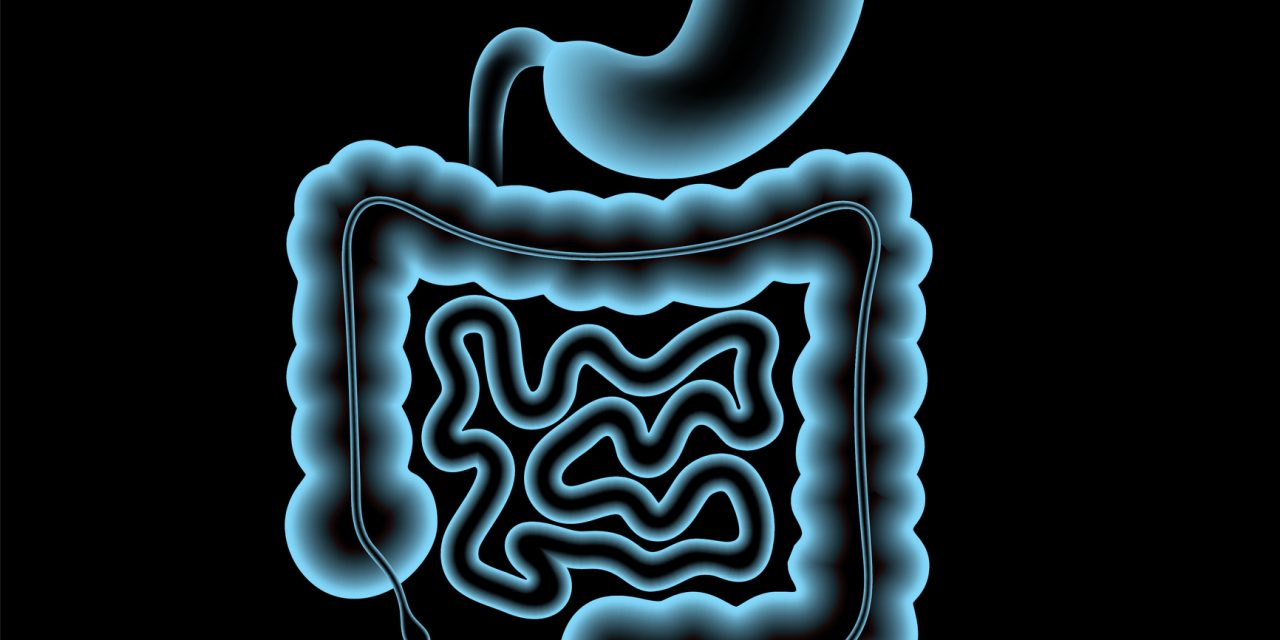1.To determine the prevalence and type of depressive symptoms at day hospital clinical evaluation, before undergoing major surgery in patients diagnosed with pancreatic neoplasm; 2. To analyze the association between depression and socio-demographic, clinical and psycho-social variables; 3. To understand how coping strategies, perceived social support and self-efficacy might affect depressive symptoms in this cohort of patients.
Secondary data analysis collected during the baseline phase of a RCT performed at the Pancreas Institute of the University Hospital of Verona, Italy, between June 2017 and June 2018.
18.5% of pancreatic patients had a PHQ-9 score >10 (cut-off). Depressed patients were basically more often female, (p=0.07), younger (p=0.06) and married/with a partner (p=0.02). Depression was associated to high trait anxiety (p<0.01), the use of anxiolytics (p<0.01), sleep-inducing drugs (p<0.01) and painkillers (p<0.01). Among psycho-social variables, depressed patients showed lower perceived self-efficacy (p<0.01) and family and friends social support (p<0.01) and used significantly more often dysfunctional coping strategies (p<0.01), compared to non-depressed. A logistic multivariate model using psycho-social variables as explanatory and depression as dependent was calculated and post-hoc analyses were conducted to describe the contribution of each psycho-social variable on depression.
Our study advocates the need for screening for distress and depression in cancer surgery units and recommends to strengthen patients’ adaptive coping, social support and sense of effectiveness in facing the challenges related to the medical condition and treatment process. This article is protected by copyright. All rights reserved.
This article is protected by copyright. All rights reserved.
Prevalence of depression in a cohort of 400 patients with pancreatic neoplasm attending day-hospital for major surgery. Role on depression of psycho-social functioning and clinical factors.


